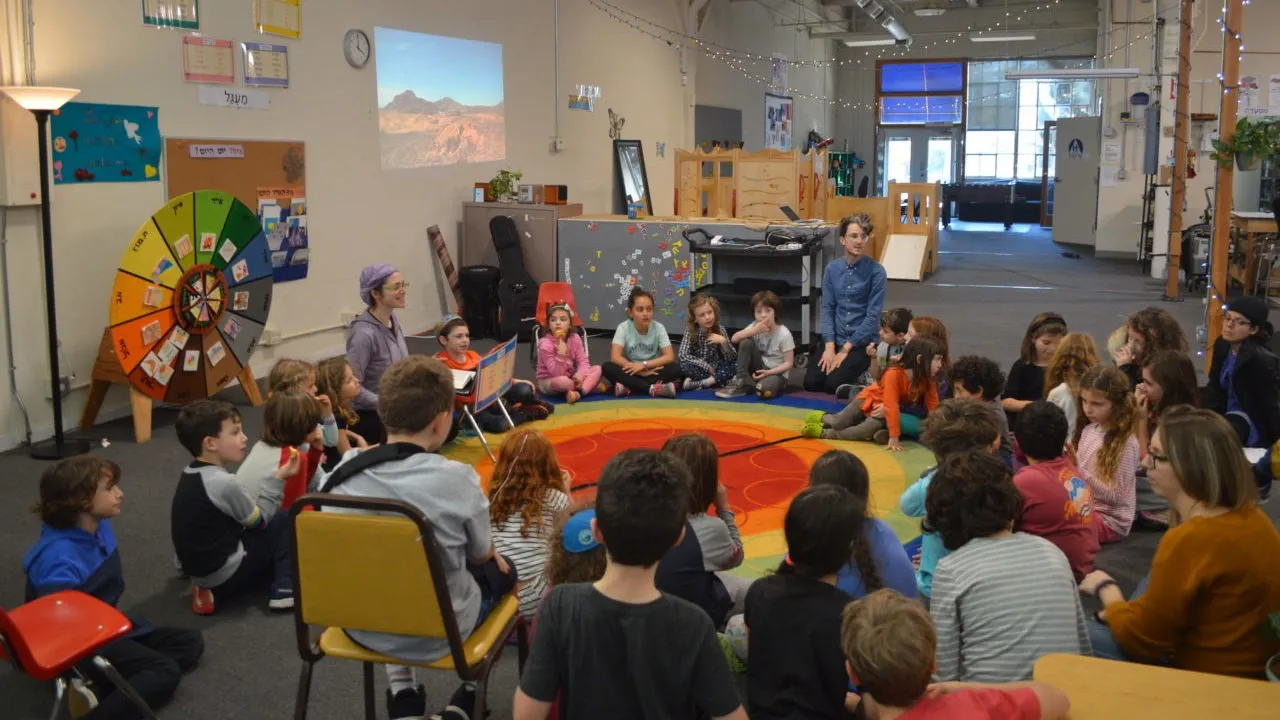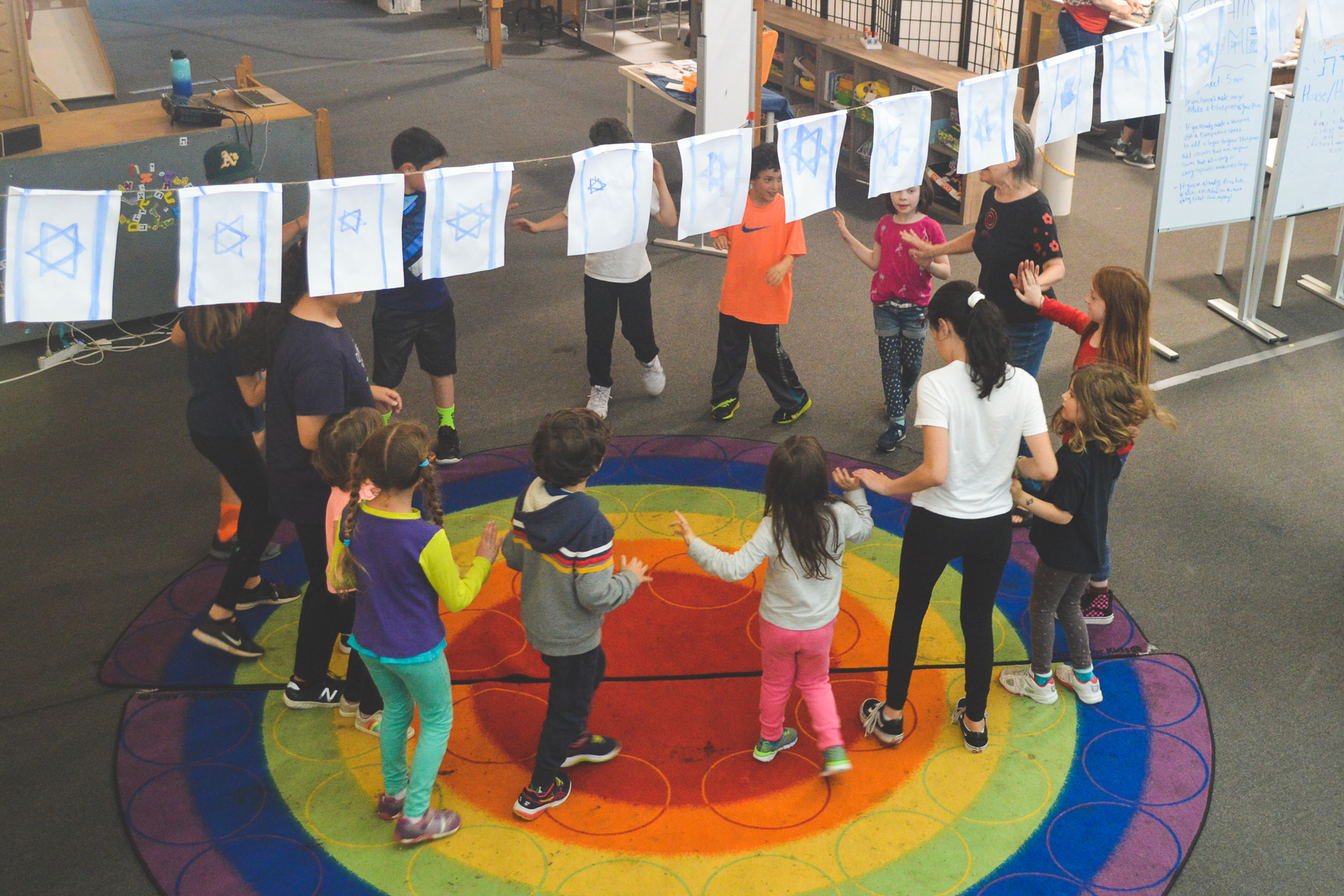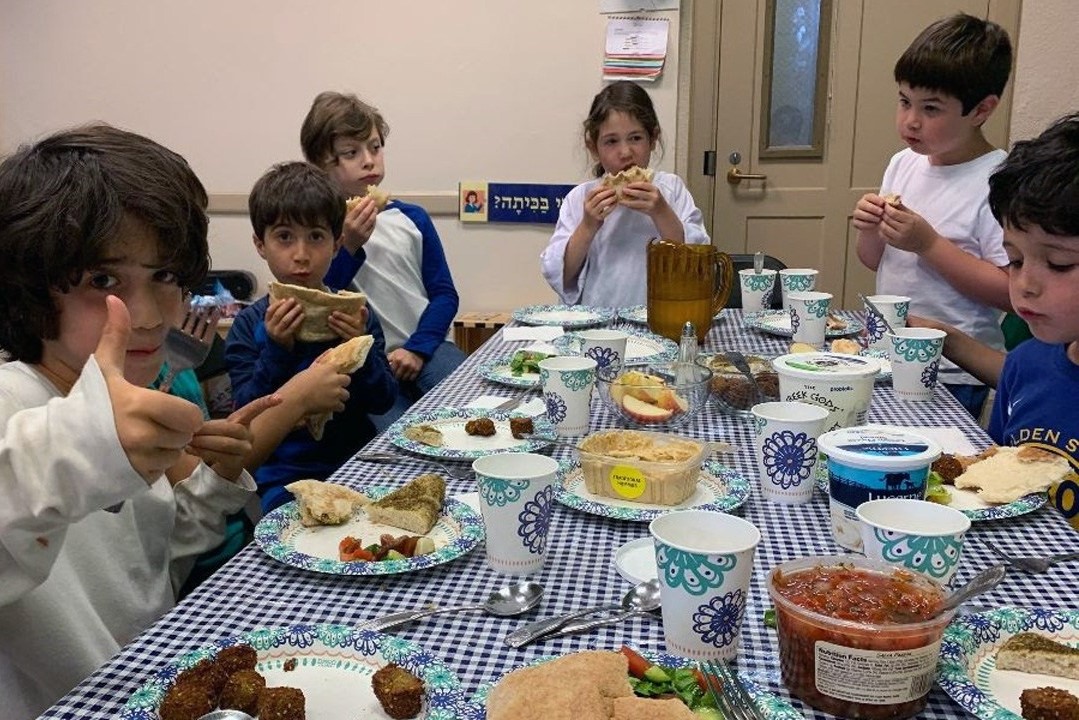For at least 2,000 years, Judaism has been a text-based religion. Many would argue it’s been longer than that. And, with some exceptions, the language of our texts is Hebrew. Yes, Aramaic plays a part. The Talmud, lots of midrashim and ancient biblical translations often were written in Aramaic — but even then, written in the Hebrew alphabet. It shares many of the same words and cognates, and is at the very least a not-too-distant cousin of Hebrew. For as long as Jews have been calling themselves Jews, we’ve been doing all that Jewish stuff in Hebrew.
Which is why I was surprised to read the April 8 cover story in J., “Hebrew not required.” How can Hebrew and Jewish education be separated from one another?
I understand why some are trying. Jewish day schools are also businesses. Schools need to end the year with balanced budgets, have cash-flow issues and need to make payroll. They have customers who want what they want — and these days, with the overabundance of offerings and opportunities, parents let their children’s schools know what they think they should be teaching more than ever before.
But is it really possible to deliver a Jewish education stripped of the Hebrew language?
In just about every synagogue in the world, Jewish prayer is done in Hebrew. If you ask a random Jewish person on the street, “What is the language of Judaism?” the answer will be “Hebrew.” Hebrew is not simply a second language. Hebrew language skills are the keys that unlock doors to participation in communal prayer and enable deep engagement with the central texts of Judaism. These are essential elements of a meaningful Jewish education.
At Edah, a small Hebrew immersive afterschool program in Berkeley, we struggle with similar issues. Our families want us to achieve more for their children in less time. We started requiring children to attend four days a week. The market wouldn’t support that, so we reduced the minimum number of days to three, and next year the minimum will be two days. We also have a business to run and are worried about many of the same issues, though on a smaller scale. We move in response to what our constituents and customers ask for, just like any other school, and struggle with the tension between our educational philosophy and market trends.
The question is: What is Jewish education without Hebrew? And what does a generation of Jews look like who don’t speak the language of our civilization?
Rabbi Joshua Fenton is the executive director of Edah, a Jewish afterschool program in Berkeley for pre-K to fifth grade.
Originally Published on April 15, 2016 by The Jewish News of California (J-Weekly)





